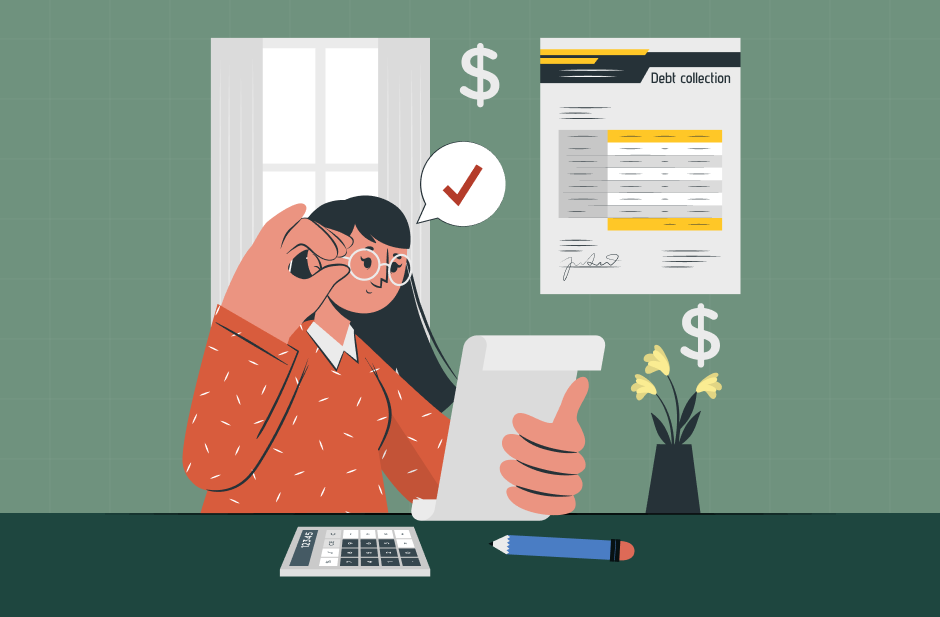Experts often say one thing: When you choose criminal defense lawyer, do not make any mistakes!
So, you’ve found yourself staring down a criminal charge—probably not your best day. Stress? Through the roof. Uncertainty? Everywhere.
And if you’re anything like most people in this situation, you’re suddenly realizing just how important your lawyer’s gonna be.
Seriously, the person you hire could completely change the direction your life takes from here. No pressure, right?
Well, sadly, a lot of people make the mistake when it comes to choosing the lawyer of their dreams. So, what are the things that you need to do?
If that’s what you want to know, keep on reading…
How To Choose A Criminal Defense Lawyer?
So, is there a specific process that you need to keep in mind when you are trying to choose a criminal defense lawyer for your case? You might be shocked to know, but yes: there is!
In most cases, people often think that Googling the contact of a good lawyer in such a field is the only thing that they need to do. However, that’s not really the case.
Rather, you might be shocked to know that the entire process of choosing the right lawyer for your case can be pretty time-consuming.
You need to research potential lawyers online, you need to read client reviews, and even go on a consultation. Or, sometimes, many consultations. Before you find the right one for you!
So, how to choose criminal defense lawyer that suits your needs? What are some of the things that you need to keep in mind?
Here are a few things that you should check out:
1. Understanding Your Legal Needs
Before you start firing off emails or calling every firm in town, take a beat. What exactly are you dealing with here? That matters more than you might think. Some charges are pretty minor in the grand scheme—others? Not so much.
For example, getting slapped with a DUI is one thing. But being accused of assault or a felony? Totally different animal.
You’ve gotta figure out what kind of lawyer actually handles stuff like yours—not just anyone with a law degree.
Also, don’t forget the boring (but important) stuff like money and timing. Are things moving fast? Is there a court date already on the calendar? Do you have the budget to cover a long case if it drags out? These are the kinds of questions you’ve gotta answer early.
2. Essential Qualifications to Look For
Alright, let’s talk qualifications—but not just the shiny stuff. Sure, your lawyer should have a law degree from a real school and a license to practice in your state (double-check that on your state bar website). But degrees and licenses alone aren’t enough.
What really matters? Experience. Not “I once helped on a criminal case” kind of experience. You want someone who does this every day.
Like, it’s their bread and butter. Ask them straight up—how many cases like yours have they worked on? And yeah, did any of those go to trial?
Because here’s the thing: even if you don’t think you’ll end up in court, it happens. You want someone who knows how to handle themselves in front of a judge and jury—not just someone who folds at the first sign of pressure.
3. Researching Potential Attorneys
When it comes to digging around for a solid attorney, start simple. Most state bar association websites let you search for lawyers and see if they’ve got any red flags (disciplinary stuff, shady behavior, etc.).
Word of mouth is great too—but don’t fall for every glowing online review. Some are legit, but some are total fluff or straight-up fake.
Your best bet? Ask someone you trust. Got a friend who’s a lawyer (even in a different field)? Ask them. Or hit up legal aid clinics—they often know who’s solid and who to steer clear of.
And don’t just wing it during consultations. Write down a few questions first. Stuff like: “How would you approach my case?” or “What’s your pricing look like?” or even, “Have you handled anything this weird before?” You’d be surprised how much that helps.
4. Location and Local Expertise Matter
This one gets overlooked way too often: local experience matters more than you’d think. A lawyer who works in your specific area knows the quirks of the local courts, the judges, and even the prosecutors. That can be huge.
Say you’re in Arlington, Virginia. An Arlington criminal defense lawyer, someone who’s spent years handling cases there, is gonna know things an outsider wouldn’t.
These would include things like which judges are sticklers, what arguments tend to fly, and whom to avoid annoying. It’s like knowing the cheat codes.
Plus, local attorneys are easier to meet up with, and they won’t be tacking on travel charges every time there’s a court date. Little things, but they add up.
5. The Initial Consultation Process
Most criminal defense lawyers offer a first-time consultation. Sometimes free, sometimes a small fee. Either way—go in prepared. Bring all your paperwork (police reports, court docs, anything remotely important).
While you’re there, don’t just nod politely. Listen to how they talk to you. Are they brushing you off? Speaking in legalese you can’t follow? Or are they actually listening and explaining things in a way that makes sense?
Also, keep an eye out for the hard sell. If a lawyer’s promising specific outcomes—like “You’ll definitely walk away clean”—that’s a bad sign. No lawyer worth hiring makes guarantees. The good ones give you real talk, not fairy tales.
6. Financial Considerations
Money talk—yeah, it’s awkward, but you have to go there. Some attorneys charge a flat rate (usually for simpler cases), others bill by the hour (especially when things are more unpredictable). Neither is “better,” but one might be a better fit for you.
If the numbers are making you sweat, ask if they do payment plans. A lot of lawyers are used to clients who are already financially stressed—criminal cases can wreck your wallet real fast—and they may work something out.
And hey, don’t just chase the cheapest option. A rock-bottom rate might look good at first, but if that lawyer doesn’t know what they’re doing? You’ll end up paying for it later in bigger ways. Think long-term, not short-term savings.
7. Making Your Final Decision
Once you’ve met with a few folks, compare your notes. Who seemed sharp? Who actually made you feel like a human instead of a case file? Did anyone brush off your concerns or talk down to you? That’s your gut telling you something—listen to it.
Before you officially hire someone, read the fine print on their retainer agreement. Seriously. Make sure you know what you’re getting, what’s included, and what’ll cost extra. Better to ask dumb questions now than get hit with surprise fees later.
Your Legal Guide: Working with Your Chosen Attorney
So you’ve made your pick—great.
Now keep things running smoothly. That means answering their calls, sending over documents when they ask, and following their legal advice (even if it’s not what you were hoping to hear).
This is a team effort. They’ve got the legal know-how, but you’ve got the details. Stay involved. Communicate clearly. The better you two work together, the better shot you’ve got at getting through this.
Picking a criminal defense attorney isn’t something to take lightly. It’s not just about credentials or charisma—it’s about trust, timing, and how well they understand what you’re up against.
Do your research, take notes, and ask questions. But don’t wait forever either. The sooner someone’s in your corner, the better shot you’ve got at coming out okay on the other side. It’s a big decision—but it’s one you’ve gotta get right.
Read Also:
















